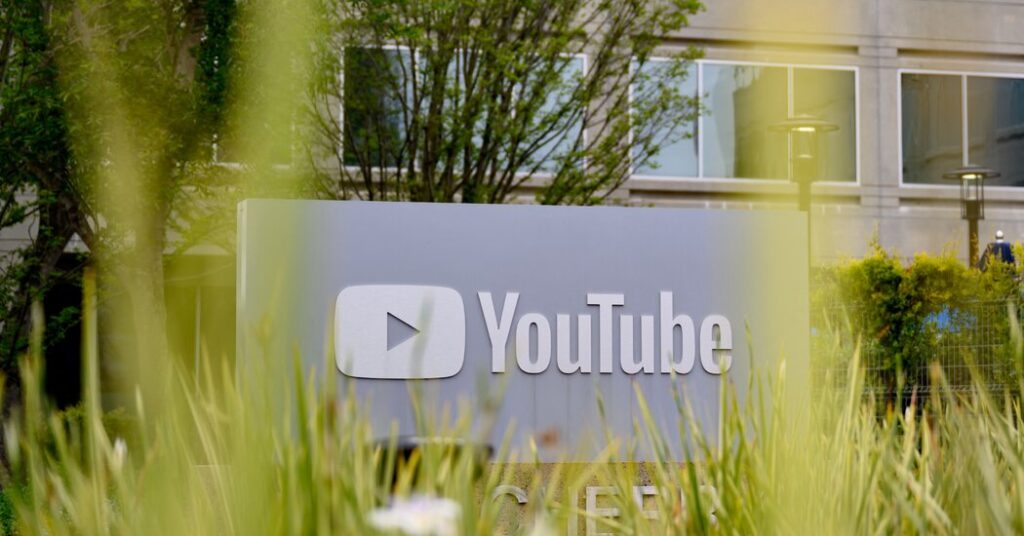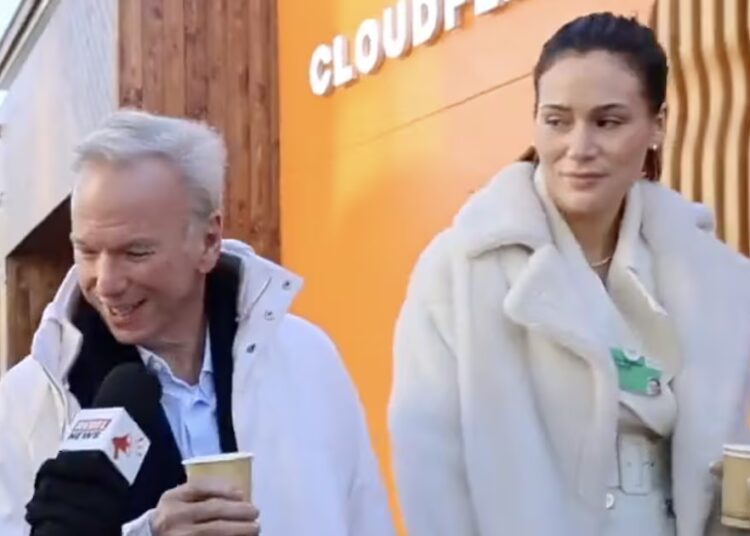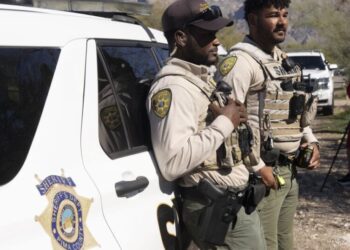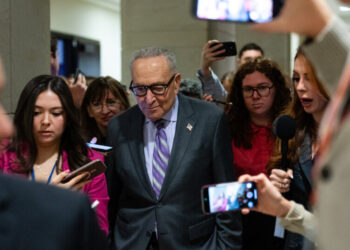Disney and YouTube TV have reached a multiyear agreement that will allow channels like ESPN and ABC to return to the Google-owned pay-television service, the companies said on Friday.
The deal ends a 15-day blackout that prevented YouTube TV’s estimated 10 million customers from viewing programs like “Monday Night Football,” “Bluey,” “Good Morning America,” “Dancing With the Stars” and “9-1-1: Nashville” as the two sides haggled over terms of a new distribution agreement. Those terms, including the exact length of the agreement, were not disclosed.
The pact was struck in time to avoid alienating viewers who wanted to watch a major Saturday slate of college football, including national draws like Notre Dame and Alabama facing ranked opponents. The popular Dallas Cowboys are scheduled to play on Monday night. As part of the deal, YouTube TV subscribers will receive unlimited access to ESPN’s new flagship streaming service at no additional cost. (Stand-alone subscriptions to the ESPN app run $30 month.)
“We apologize for the disruption and appreciate our subscribers’ patience as we negotiated on their behalf,” YouTube TV said in a statement. The company added that Disney-owned channels would return immediately, along with any recordings that subscribers had saved in their libraries.
Disney said in a separate statement that the deal “recognizes the tremendous value of Disney’s programming and provides YouTube TV subscribers with more flexibility and choice.” The statement was attributed to the senior executives Dana Walden, Jimmy Pitaro and Alan Bergman.
The blackout hurt both sides.
Disney lost $4.3 million a day during the standoff, according to a Morgan Stanley estimate, which took into account viewership declines. (Still, Hugh Johnston, Disney’s chief financial officer, had said in a CNBC interview on Thursday that his company was ready to continue fighting YouTube TV for “as long as they want.”)
YouTube TV offered customers a $20 credit, but many angry customers dropped the service anyway.
The two media giants had clashed over fees. Disney wanted YouTube TV to pay more for access to ESPN and other channels, in part to offset higher costs for sports rights. YouTube TV balked, saying the proposed terms would force it to raise prices.
These so-called carriage disputes are not uncommon in the television business, which has been roiled by streaming over the past decade. But the spat between Disney and YouTube grew particularly acrimonious.
Disney publicly accused YouTube TV of using its clout “to eliminate competition and undercut the industry-standard terms we’ve successfully negotiated with every other distributor.” YouTube fired back, accusing Disney of maneuvering to prop up competing pay-television services — notably Hulu + Live TV and Fubo, both of which Disney owns.
Brooks Barnes covers all things Hollywood. He joined The Times in 2007 and previously worked at The Wall Street Journal.
The post Disney and YouTube TV End Blackout appeared first on New York Times.




